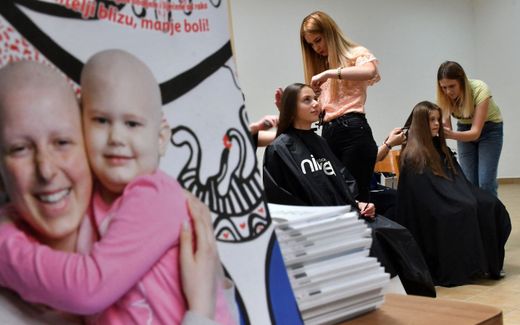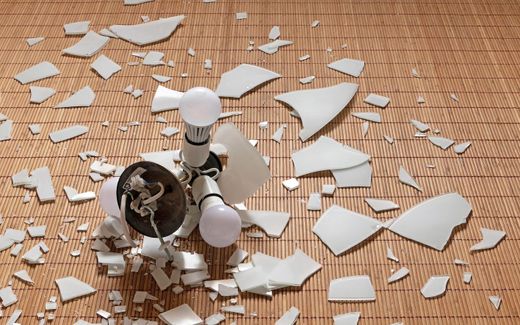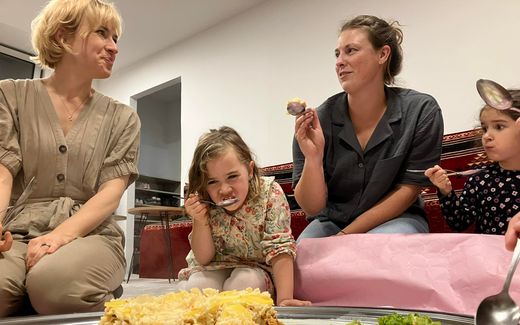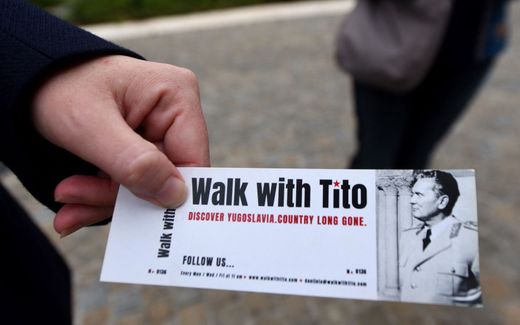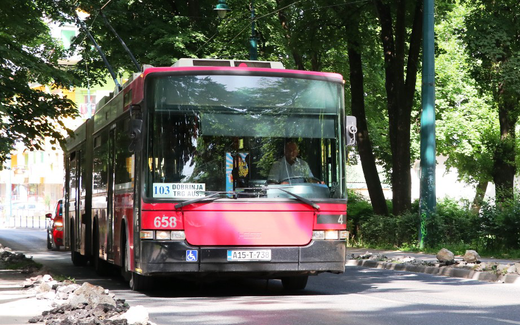Column from Sarajevo: Sevdah music as a therapy for dealing with the trauma of war
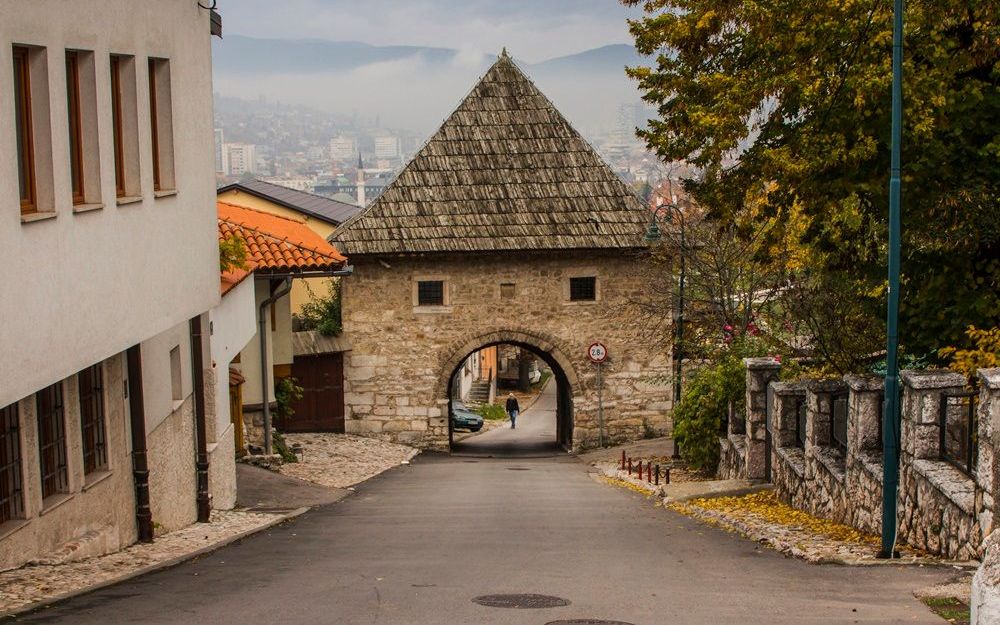
Vratnik, one of the oldest neighbourhoods of Sarajevo. Photo furaj.ba
Christian Life
Vratnik, an old part of Sarajevo breathes mystery. The houses are hidden behind walls and the hearts conceal many feelings. Columnist Mirella attempts to unveil some of these secrets.
Vratnik is an old part of Sarajevo, a little area on the hill right above Baščaršija. The name itself comes from the Bosnian word “vrata” (doors), and in the times of the Ottoman Empire its stone wall entrance served as the border into the city where all the people from outside had to come through.
My grandfather is from Vratnik. He used to tell me all kinds of stories about his childhood and the mischief he and his friends got into as they ran along the narrow cobbled streets, hiding from their annoyed neighbours.
I love going to Vratnik because it has a certain mystery about it. The houses are concealed behind white walls and beautiful wooden doors, which leaves a lot of room to imagine what might be on the other side. And if you are lucky enough to be invited into one of these mysterious houses, and the magic doors open up for you, it is like stepping in the Garden of Eden – beautiful greenery with trees and flowers blooming and boasting in life. The hosts are very welcoming, and you cannot leave without being well fed and feeling well loved.
Songs, alcohol and cigarettes
Several nights ago, I was invited by my dear friend to come to Vratnik, but this time to a local “kafana” (pub) to come and sing Sevdah, a traditional genre of song from Bosnia that usually talks about unrequited love, tragedy and fallen heroes. We, Sarajevans, love to drench our sorrows in sad songs. It is one of our favourite ways to quench our sorrows, besides with alcohol and cigarettes.

As I entered, the tiny kafana was filled with thick smoke, so much so that I barely saw the end of the room. Inside were a couple of local guys, sitting behind tables and drinking their beer, all looking pretty suspicious of this new girl my friend just brought in. These men were regular customers, and they kind of came with the place. Then I heard laughter and saw this smiling face coming toward me to give me a hug. It was the owner and a waitress, a woman everyone called “Nana” (Grandma). Her welcoming gesture reassured me that this was a friendly place, and I immediately felt at home.
My friend introduced me to her crowd, and we started talking. Soon after, talking turned to laughter and before I knew it Nana was coming out of the kitchen serving me drinks, a meat and cheese platter, homemade bread and pickled veggies – all this for me, because I was the guest of honour.
Pain
After a few minutes, the seemingly unfriendly men came and started talking to me as well. I learned that most of these men fought in the war and have severe PTSD. Their dreams and hopes stopped early in life so they could defend their city, so they could defend me. They were standing there in front of me as a reminder of the sacrifice war brutally demands from each of us.
The kafana is the place where you talk about your happiness, share your sorrow, and try to wrestle with the demons of your past. I am a big advocate for in-person therapy, but oftentimes that type of therapy is unavailable or unattainable. And even if it is available, people don't always know how to seek help. Some think it is too late for them. So they deal with pain the best way they know: through self-prescribed doses of addiction and avoidance.
Heavy burden
![Katie McCraw katiemccraw[80] kopie.jpeg](https://cne-prod-s3-001.ams3.digitaloceanspaces.com/Katie_Mc_Craw_katiemccraw_80_kopie_873224b411.jpeg)
So that evening, for this tight-knit group of friends in their sacred space, I decided to offer a different kind of therapy, the kind that sings songs of sorrow and gives permission to even the most hardened of men to experience the emotions of pain. For just a moment, to offer a glimpse of a healthier way to heal. Music has that power, and for the most part it is free therapy. As a musician, I am astonished by the ways we as human beings have developed ways to channel our emotions through song.
As I sat there singing Sevdah, I looked carefully at the faces around the room. It struck me how easy it is for us to dismiss people like these men. We brand them as sinners, weak people that refuse to pick themselves up and move on, effortlessly skipping the fact that trauma is a heavy burden to carry. It can be so heavy that you get stuck, doomed to relive the horrors you’ve seen and heard, and the only way you know how to deal with it is downing another glass of rakija (Bosnian brandy). The men in front of me were a vivid reminder of the simple fact that I can’t judge them; I don’t have that right.
That evening, the men who defended Sarajevo (and have been paying for it ever since) blossomed into beautiful human beings in front of my eyes, and I became a better person because of it.
Related Articles


